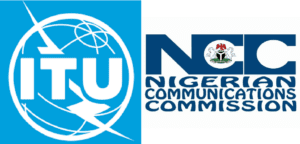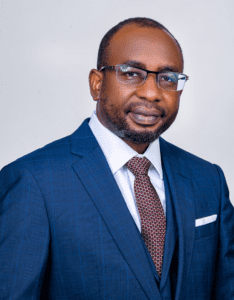


How Tijani’s project to connect 774 local governments will bridge Nigeria’s digital divide, yield economic gains
Minister of Communications, Innovation and Digital Economy, Dr Bosun Tijani’s recently announced policy to connect all 774 local government areas in Nigeria represents a bold and forward-thinking initiative from the Minister with far-reaching implications for the country’s communication, innovation, and digital economy. By aiming to connect every local government area, the policy seeks to address the digital divide that exists between urban and rural areas, as well as between different regions of the country.
As contained in the policy which was announced on the Minister’s X (formerly Twitter) page, one of the key benefits of this policy is the potential to improve access to communication and digital services for millions of Nigerians who currently lack such access. This can have a transformative impact on various aspects of their lives, including education, healthcare, commerce, and governance. For example, improved connectivity can enable better access to online education and healthcare services, facilitate e-commerce and digital payments, and enhance government services and citizen engagement.
Although achieving such universal connectivity across all local government areas will require a concerted effort from both the public and private sectors, in an interview with NewsDirect Correspondent, Special Adviser to the Minister, Mr. Osibo highlighted that; “Project 774 is a very feasible one.” He reiterated that the project will be co-anchored by two of the agencies under the ministry; Galaxy Back Bone (GBB) and Nigerian Communications Satellite Limited (NigComSat).
Mr. Osibo further revealed to our correspondent that plans are already in place and the project should take between three to six months to be achieved.
Moreover, ensuring the successful implementation of this policy will also require addressing various challenges. These include the need to bridge the digital literacy gap by providing training and support for users in rural and underserved areas, ensuring the affordability of digital services, and promoting the development of locally relevant content and services.
If successfully implemented, the Project 774 LG Connectivity Initiative has the potential to significantly improve access to digital services and contribute to the overall development of Nigeria’s digital economy.
The Minister also did mention that this policy has the potential to create about 300 jobs for the Nigerian Youths.
“Project 774 LG Connectivity will create at least 300 direct jobs as we deploy nationwide and potentially more jobs indirectly from the increase in digital access. It is also aligned with our Ministry’s Strategic Blueprint and is a significant step in achieving President @officialABAT’s mandate to deliver efficient public service to our citizens at the LG level,” Minister Bosun Tijani said.
In addition to the employment opportunities to be created by this policy, there are various benefits of connecting all the local governments in Nigeria which the Minister has set out to do and a few.
Top of the list is that connecting all local governments in Nigeria can significantly boost economic growth and development. Improved connectivity can open up new markets and business opportunities, particularly for small and medium-sized enterprises (SMEs) in rural and underserved areas.
Businesses will be able to expand their reach, access a larger customer base, and engage in e-commerce more effectively. This can lead to increased economic activity and more job creation, especially at the local government level.
Also, the initiative will provide enhanced access to essential services. With reliable internet access, students in remote areas can access online learning resources and educational materials, reducing the educational gap between urban and rural areas. Similarly, telemedicine services can provide remote communities with access to healthcare professionals and medical advice, improving rural health care and reducing the need for costly travel to urban centers for medical treatment.
Universal connectivity will also improve governance and public service delivery in Nigeria. With digital connectivity, government agencies can streamline their operations, reduce paperwork, and improve the efficiency of service delivery. Also, citizens can access government services online, reducing the need for physical visits to government offices. This can lead to greater transparency, accountability, and responsiveness in governance, ultimately improving the overall quality of life for Nigerians.
In conclusion, Bosun Tijani’s policy to connect all 774 local government areas in Nigeria has the potential to be a game-changer for the country’s digital economy and overall development. By focusing on digital connectivity across all the Local Governments, the policy has the opportunity to bring the benefits of the digital age to all Nigerians, regardless of their location or socio-economic status.



